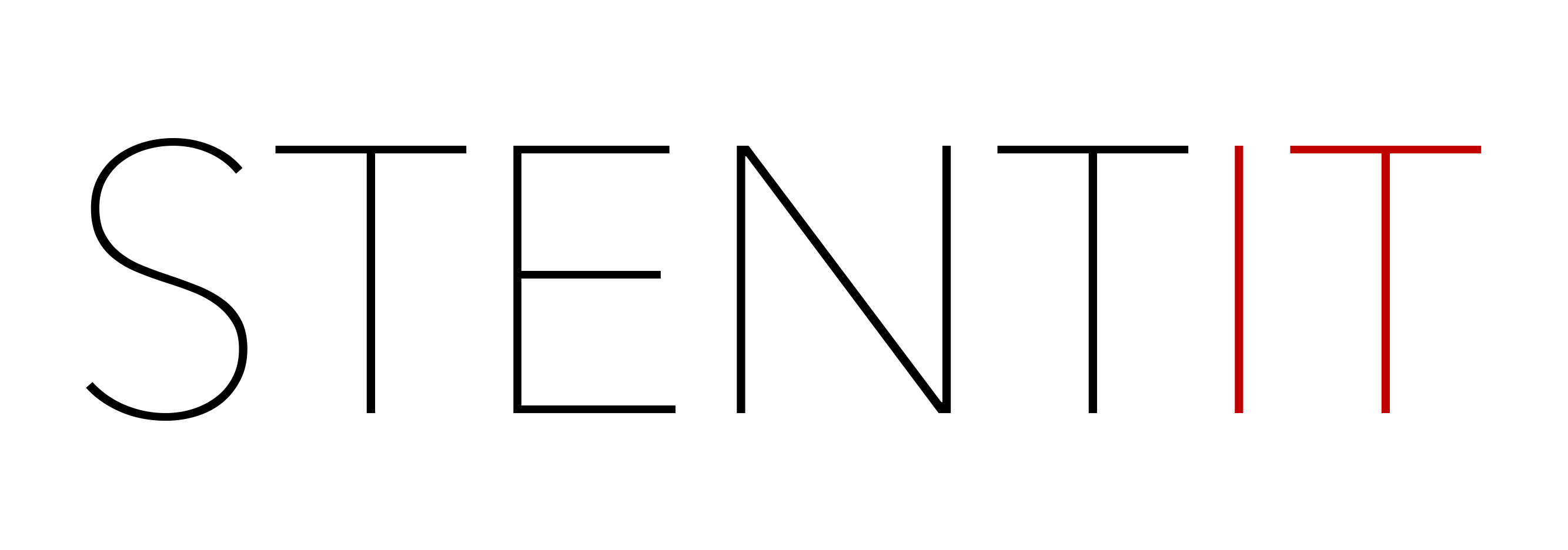STENTiT, a medical device company bringing a novel class of regenerative endovascular implants for treatment of cardiovascular diseases, today announced the appointment of its Medical Advisory Board, chaired by Prof. Patrick Serruys and complemented by Prof. Marc van Sambeek and Prof. Yoshinobu Onuma.
Bart Sanders, CEO of STENTiT, said: “We are excited to receive the support of these highly esteemed professionals in the current stage of our company development.”
“What is fascinating about STENTiT’s technology, is the presence of endoluminal elastin in early preclinical work. Restoring this protective layer in patients would be a unique approach to prevent late- stage neo-atherosclerosis,” says Prof. Serruys, Chairman of the Board, Global Key Opinion Leader and established professor of interventional medicine and innovation from the CORRIB Core Lab of the National University of Ireland Galway.
“Providing a new regenerative inner surface of the vessel, may be key to improve patency outcomes in peripheral interventions, where so far current alternatives are suboptimal,” adds Prof. van Sambeek, vascular surgeon at the Catherina Hospital in Eindhoven, the Netherlands, and part-time professor of Application of Engineering in Vascular Surgery and Endovascular Therapy from the department of Biomedical Engineering at the Eindhoven University of Technology.
“STENTiT will be one of the unique technologies to overcome the limitations of first generation resorbable devices,” states Prof. Onuma, Professor of Interventional Cardiology and Medical Director of Coronary Imaging and Atherosclerosis Research of the CORRIB Core Lab from the National University of Ireland Galway.
Bart Sanders further concludes: “In the ongoing quest to improve sustained vascular patency, regenerative stents provide a unique approach in combining regenerative medicine with bioresorbable stent technology. By providing temporary scaffolding while simultaneously restoring the artery from the inside-out, we could significantly improve durable clinical outcomes.”

About the members of the Medical Advisory Board:
Prof. Serruys (Left) is a world-renowned expert in interventional cardiology and imaging with more than four decades of experience in clinical trials and innovation in medicine. He pioneered several interventional procedures and devices such as BMS, DES, BRS and TAVI as well as imaging techniques including quantitative coronary angiography, quantitative IVUS, OCT, and near spectroscopy combined with IVUS. Furthermore, Prof. Serruys conducted over 90 clinical trials including over 191,000 patients, is the co-author of more than 4000 peer-reviewed publications and additionally is the author, co-author and editor of more than 42 books including the textbook of the European Society of Cardiology. Earlier in his carrier, for 20 years Prof. Serruys was the chief of department of interventional cardiology at the Thoraxcenter Rotterdam and been awarded several gold medals including the ESC and ACC career achievements awards.
Prof. van Sambeek (Middle) is an expert vascular surgeon at the Catharina Hospital Eindhoven with a special focus on minimally invasive vascular surgery and is a part-time professor of Application of Engineering in Vascular Surgery and Endovascular Therapy at the Cardiovascular Biomechanics research group of the department of Biomedical Engineering from the Eindhoven University of Technology. He is an active scientific researcher who initiated and participated in many clinical studies. Prof. van Sambeek is (co-)author of more than 200 publications in peer-reviewed medical journals and more than 20 chapters in medical textbooks. He is a member of the editorial board of several international journals, co-founder of the Endovascular Forum, founding member of the International Society of Vascular Surgery and was a board member of the Dutch Association for Vascular Surgery, EuroPCR and European Association for Percutaneous Cardiovascular Interventions.
Prof. Onuma (Right) is a leading expert in the field of non-invasive and invasive coronary imaging and novel coronary devices such as bioresorbable scaffolds. His expertise includes quantitative coronary angiography (2-dimensional, 3-dimensional and bifurcation-dedicated), Syntax Score and multi-slice computed tomography. Prof. Onuma received his medical degree from Tohoku University School of Medicine in Sendai, Japan. After his cardiology and interventional cardiology fellowship, he joined the Erasmus University of Rotterdam and was granted a doctorate in interventional cardiology. Prof. Onuma published over 500 manuscripts in peer-reviewed journals and is the author and editor of several books including the textbook of bioresorbable scaffold.
For more information see the official press release
